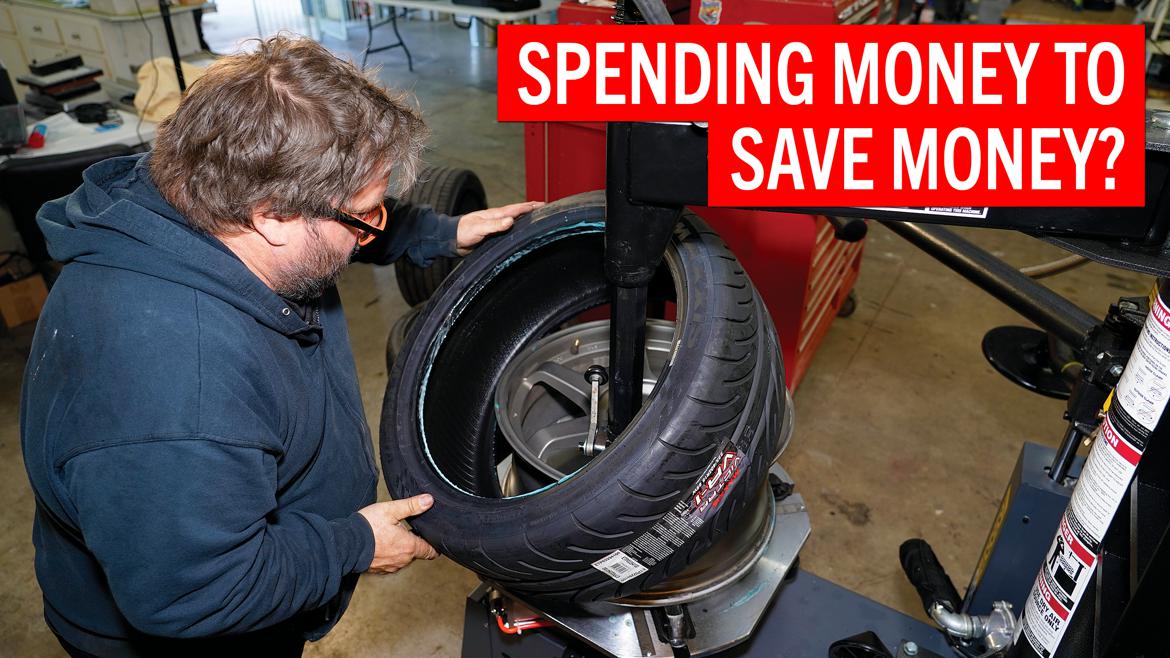
stroker
PowerDork
1/17/23 10:09 a.m.
It occurred to me that I know very little about the current NASCAR spec engines. I didn't know much about the previous generation either, but I'm curious as to what they're using for fuel injection, etc. Anyone know of an overview posted online or is this something the GRM staff might be interesting doing? I wonder what the cost/hp is compared to other race engines and whether the parts to build such an engine are available through mfg catalogs, etc.
Technically all the parts for NASCAR stuff has to be publicly available. You would have to know the CORRECT CONTACT and be willing to do a lot of work to get to a functional engine. The parts that can be procured for Cup and Xfinity tend to be unfinished, so you will have to work from raw castings/forgings or rough machined parts.
The truck series and other lower series are using spec engines, using a lease model, so you CAN buy one but the price is too high for most, at least at the power levels they are running.
At the very least, it sounds like a fun editorial exercise–and I'll admit that I don't know very much about NASCAR-spec engines either, so color me personally interested.
I'll run it up the flagpole. 
Stock car technology is really amazing, any engine that can scream at those high rpms for hours straight is fantastic. I would love to know more about the details of stock car tech, both engines and otherwise. I assume you'll do some in depth articles when y'all start working on your own stock car too, right?
And we'll be tackling some of this with our ASA car.
Robert Yates, 20+ years ago, said something like, " Anybody can buy the parts we do and build a 700 horsepower Cup motor. It's the guys that do the most rubbin' an thinkin" that make 750 horsepower."
They really are kinda spectacular. When Toyota started building theirs, they had the F1 team as well, and they F1 guys were talking to the cup guys to figure out how they stayed together, because a Cup 356 ci, 9,000rpm V8 had higher piston speeds than the F1 18,000rpm 3.0 V8s.
I also read somewhere about the two guys that made the valve springs at Hendrick back when Jeff Gordon was dominating. They left to form their own company, and sell the finest valve springs in the world to everybody now. Some pretty deep metalurgy there.
In reply to stroker :
I assume you're talking the NASCAR Cup Series engines rather than the NASCAR "spec engines."
They use an EFI system from McLaren. Most engines come from one of the following: ECR (Chevy), Hendrick (Chevy), Roush-Yates (Ford), or TRD (Toyota). The smaller engine builders have moved on to other things.
Here's a used engine posting I found (a PME engine):
NASCAR Cup Series Chevy RO7 for Sale in Salisbury, NC | RacingJunk
They don't make as much horsepower as a dirt late model engine (which is somewhere between 800-950 hp), but they are carbureted. The old Lucas Oil off-road racing series essentially used a dirt late model engine that was fuel-injected, from my understanding.
Here's an example:
RY45 Pro Power 428 Cubic Inch Dry Sump Engine for Sale in COATS, NC | RacingJunk

stroker
PowerDork
1/17/23 1:27 p.m.
Well, the inspiration for my interest was thinking about Can-Am engines and wondering how a current NASCAR engine would compare in terms of power--I assumed that with the number of engines being built the costs would be "lower" than the handful built in the early 70's. So my thought was that if you had a homebuilt sports car roughly comparable to a Can-Am car, why not just put a Cup motor in it and be done?
In reply to Streetwiseguy :
I seem to remember a quote from him to the effect of "The amount of air and fuel we are flowing is enough to make 2200-2300hp. Our engines are only making 900hp. So, there is 1400hp sitting on the table already there."
I have heard some things people might find crazy, like using super thin oil at very low pressures, diamond-like coatings, priority-camshaft oiling, coolant temps that most people would consider sky high (250F/120C)... all to reduce parasitic loss and thermal energy wasted to the cooling systems and exhaust.
In reply to stroker :
Gotcha. I follow your logic. I'm not sure how much horsepower a Can-Am engine had, but a NASCAR Cup engine might not save you much money, especially the current gen ones. Maybe if you can find one from a previous generation, but I haven't seen many advertised. They are around, though, as I see them pop up time and time again in oval-track cars at lower levels.
Current Trans-Am cars run previous-gen Cup engines at 950 or so hp.



































